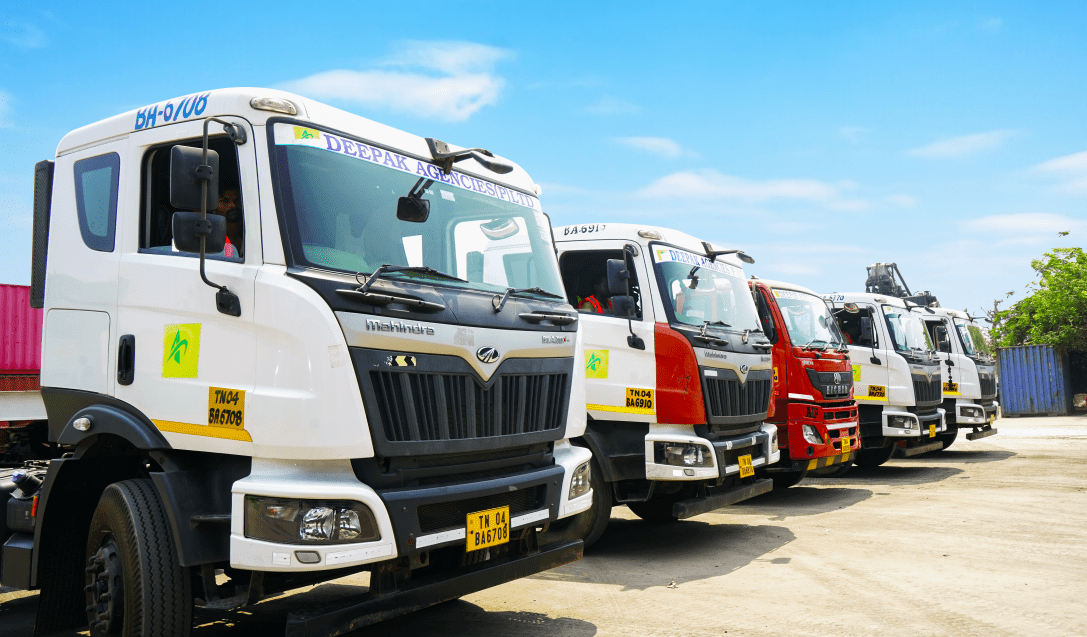Exploring and Debunking Common Myths in Trucking Business

In our early years, entering the trucking domain was met with historical apprehension due to its unorganized nature and prevalent unionism. However, today, it stands as a pivotal element, providing our customers with reliability and competitive pricing.
Despite increased regulation, there remains a level of unreliability and mistrust between carriers and goods owners nationwide. The industry grapples with challenges such as price volatility, transit time uncertainties, truck unavailability at critical junctures, all exacerbated by fragmentation, lack of education, and underutilization of technology.
While the phrase “logistics cost in India is higher than in western countries” often surfaces, I may not entirely agree, considering it’s expressed as a percentage rather than an absolute number. If we focus solely on the trucking cost per kilometer, the comparison might reveal a different story. However, undeniable is the fact that our trucking costs are high.
Our driver costs are only a fraction, equipment cost is half, and fuel costs significantly less compared to the Western world. Yet, in absolute terms, we are only marginally cheaper per kilometer. The glaring issue lies in idle time, with the industry averaging 8000-9000 km per month, roughly 50% of our Western counterparts. Factors like slower speeds, poorer infrastructure, and challenging traffic conditions contribute, but significant idle time at loading and unloading points remains a substantial challenge.
While we await improvements in these factors, an often-overlooked aspect is the underutilization of vehicles. A substantial portion of our trips involves round trips with containers going empty one way and laden the other. The question arises – why not share more? Why can’t a container carrying import cargo return with the export cargo of another, optimizing vehicle utilization and reducing transport costs significantly?
This necessitates transparent information sharing among cargo owners, transporters, and container owners. The government’s proposal to allow independent registration for prime movers and trailers separately is a welcome step, aligning with Western practices where cargo owners often own customized trailers, hiring prime movers as needed.
At ICSA, we are deeply engaged in data analytics, and we believe the Gati Shakti initiative by the Indian Government will be a game-changer, fostering collaboration and efficiency in the trucking industry. The journey continues, and we look forward to shaping the future of trucking in India.

